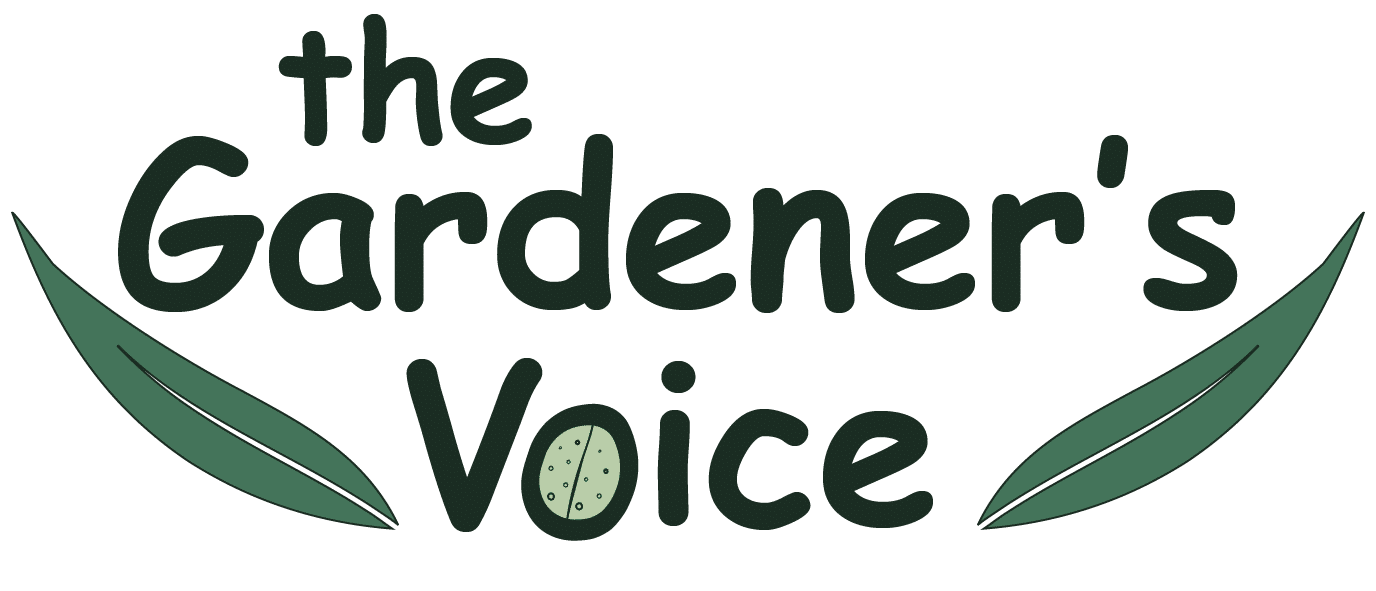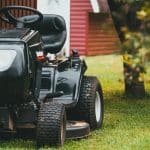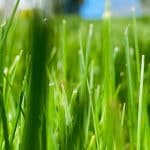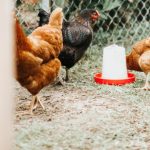Table of Contents
So that “old McDonald had a farm” song really got into your head huh? And now you are considering slapping on some boots, getting some land, and living that primal surviving off-the-land life.
Well, first things first, we commend you and give you hearty applause. But by now, you probably have a laundry list of the stuff that you need to get and it’s making your head spin. And one of those things is a tractor.
So, “What size tractor do you need?” There are different tractor models out there, and choosing the right one can feel like finding a needle in a haystack. From subcompact tractors to your heavy-duty four-wheel drive, each type is designed to handle various tasks.
Determining Your Tractor Needs According to Farm Size
Now, before you go running off to purchase the first tractor you lay your eyes on, hold your horses! You need a tractor that is tailored to your farm’s size. If you have a farm the size of a football field, you don’t need a tractor with the same horsepower as one you’d use for a ranch the size of a small city. Subcompact tractors or a 25-hp tractor should do the trick for smaller farms. But be sure to keep in mind the tasks you’ll be performing and what your tractor needs to handle.
Deciding the Size of Tractor for 1-4 Acres
If you’re dealing with a farm that’s around 1-4 acres, you’re gonna need a tractor that’s right-sized for your farm and can handle the workload. The John Deere 1 series of tractors, for example, are just the ticket. They’re compact, powerful enough to handle your tasks and come with a handy three-point hitch for attaching implements.
Grasping the Correct Tractor Size for 5-10 Acres
Now, if you’re running a slightly larger operation, say between 5-10 acres, you’ll need a tractor equipped to handle heavier implements and attachments. And just like cookies and milk, the John Deere 2 and 3 series tractors are a perfect match. These beauties have the extra horsepower and operating capacity to handle the workload with ease.
Understanding the Appropriate Tractor Size for 10-20 Acres
Suppose your farm falls within the 10 to 20-acre range. In that case, you’re going to need a tractor that’s built to take on more extensive tasks. The John Deere 4 series compact utility tractors are just the ticket. These workhorses can handle everything from moving soil to small livestock chores.
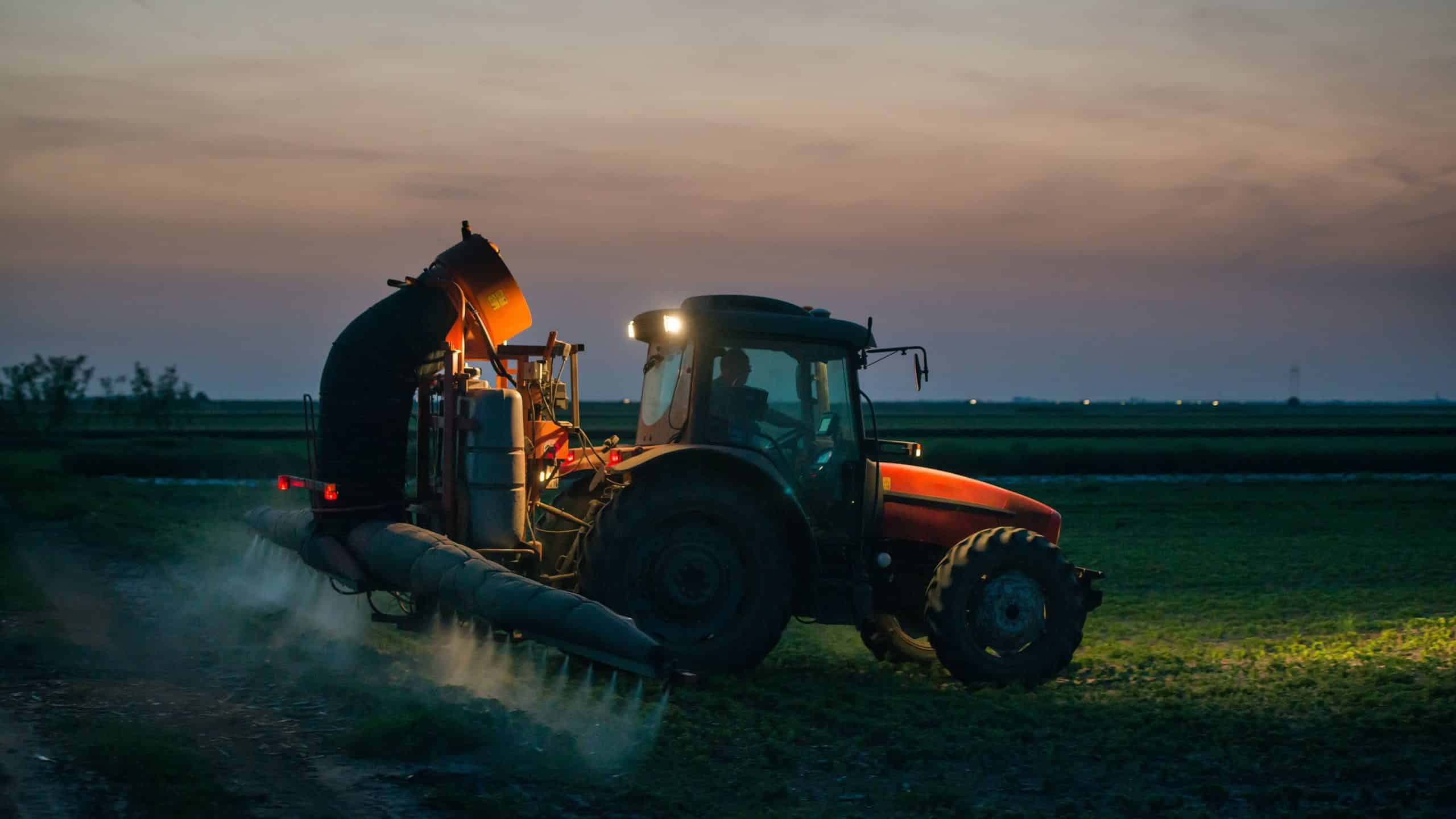
Recognizing the Suitable Tractor Size for 20+ Acres
If your farm’s stretching beyond 20 acres, then buddy, you’re going to need a tractor with more horsepower. Something from the John Deere 1 series could work, but only if your tasks aren’t too heavy. If you’re dealing with more than just mowing and tending to a few cows, then a larger tractor for five or more acres might be needed. Remember, it’s all about matching the tractor to your workload and your farm size.
Commercial Farming and Tractor Requirements
Commercial farming, now, that’s a whole different ball game. This ain’t your grandma’s backyard garden we’re talking about. Commercial farming requires mighty machines that can tackle heavy-duty tasks without breaking a sweat. We’re talking tractors with a range from 100 HP to a whopping 450 HP. These beasts are designed to handle the hard work of commercial farming. But remember, with great power comes a great price tag. If you need a tractor for commercial farming, be prepared to invest quite a bit. But hey, a reliable tractor is worth every penny, right?
Determining What Size Tractor You Need for Commercial Farming
So, you might be asking, “What size tractor do I need for my commercial farm?” Well, that depends on a few factors. First, consider the size of your property. A compact or utility tractor might be fine for a small farm, but for larger crop operations, you’re going to need something with more horsepower. If your farm measures up to the 25-acre mark and beyond, property owners would find a 25-horsepower tractor a bit lacking. You’re going to need at least a 50-horsepower tractor to handle wider implements and heavy farm equipment.
Now, if you’re dealing with a farm that’s greater than 85 acres, a farm tractor with more than 85 hp would be more suitable. These farm tractors can handle the tasks at hand, from plowing to hauling and everything in between. Plus, with a comfortable enclosed cab, you can work all day without breaking a sweat.
Balance the Horsepower With Your Skills and Tasks
Alright, let’s get this straight. If you’re out there with bales of hay, you have to have the right tractor to get the job done. Now, I’m not saying you need some monster machine, but you sure as hell don’t want a toy, either. You’re looking at a comfortable 45-hp tractor. That’s enough to pull round bales, plow a field, and maybe, just maybe, pull out that old tree stump you’ve been ignoring.
But here’s the kicker – you can’t just jump on a 45-hp tractor and expect it to do all the work for you. Nope. You’ve got to match that horsepower with your skills and the tasks at hand. If you’re just starting, maybe go for a smaller, less powerful ride. But if you’re a seasoned farmhand, then by all means, let that 45-hp beast loose and watch it do its magic.
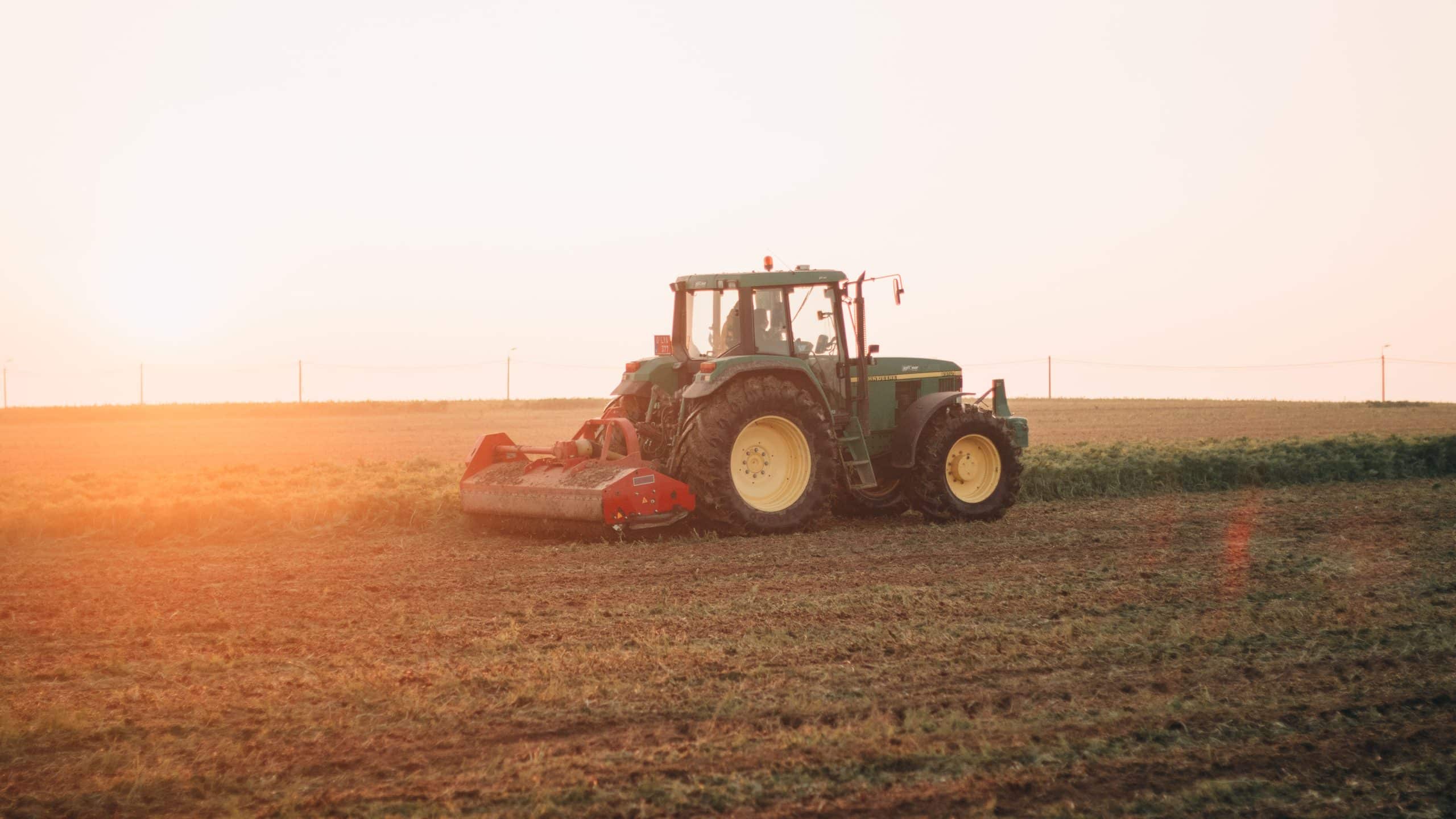
Marvelous Machines – Exploring Antique Tractors
Now, let’s get into these old beauties – antique tractors. You might be thinking, “Why in the world would I go for an old clunker when I can get a shiny new beast?” Well, hold your horses there, friend.
Antique tractors have a lot going for them. Sure, they come with their quirks and may need some TLC, but they could handle moderate chores just fine. Plus, their 3-point hitch is a marvel in itself, perfect for various tasks around the farm. Just remember, don’t let the price tag fool you. Even if it’s cheaper, the performance has got to be top-notch.
Assessing the Functionality and Use of Antique Tractors
But now you are scratching your head and wondering if an antique tractor will scratch your tractor needs itch. Well, you have to test it out. Just like you wouldn’t buy a pair of boots without trying them on, you shouldn’t buy a tractor without seeing how it handles those moderate chores. So, hop on, feel the controls, and see how it moves over the terrain. Oh, and don’t forget to check that 3-point hitch. It’s a game-changer, trust me.
Another thing to remember is that these old machines can be a bit touchy. The seller might not guarantee their excellent condition, and that’s fair enough. These are antiques, after all. But if you’re willing to put a bit of elbow grease into it, you can have a machine that not only works wonders but also has a story to tell. Isn’t that something?
Brushing Up on Tractor Knowledge
Word on the street is subcompact tractors are all the rage. But as we all know, not all that glitters is gold. Are they worth it? Well, it depends on what you’re planning to do. If you’ve got a small farm or a big garden, a subcompact tractor might be just what you need. These little guys are perfect for lighter tasks like mowing, tilling, or hauling small loads. But remember, just because it’s smaller doesn’t mean it can’t pack a punch.
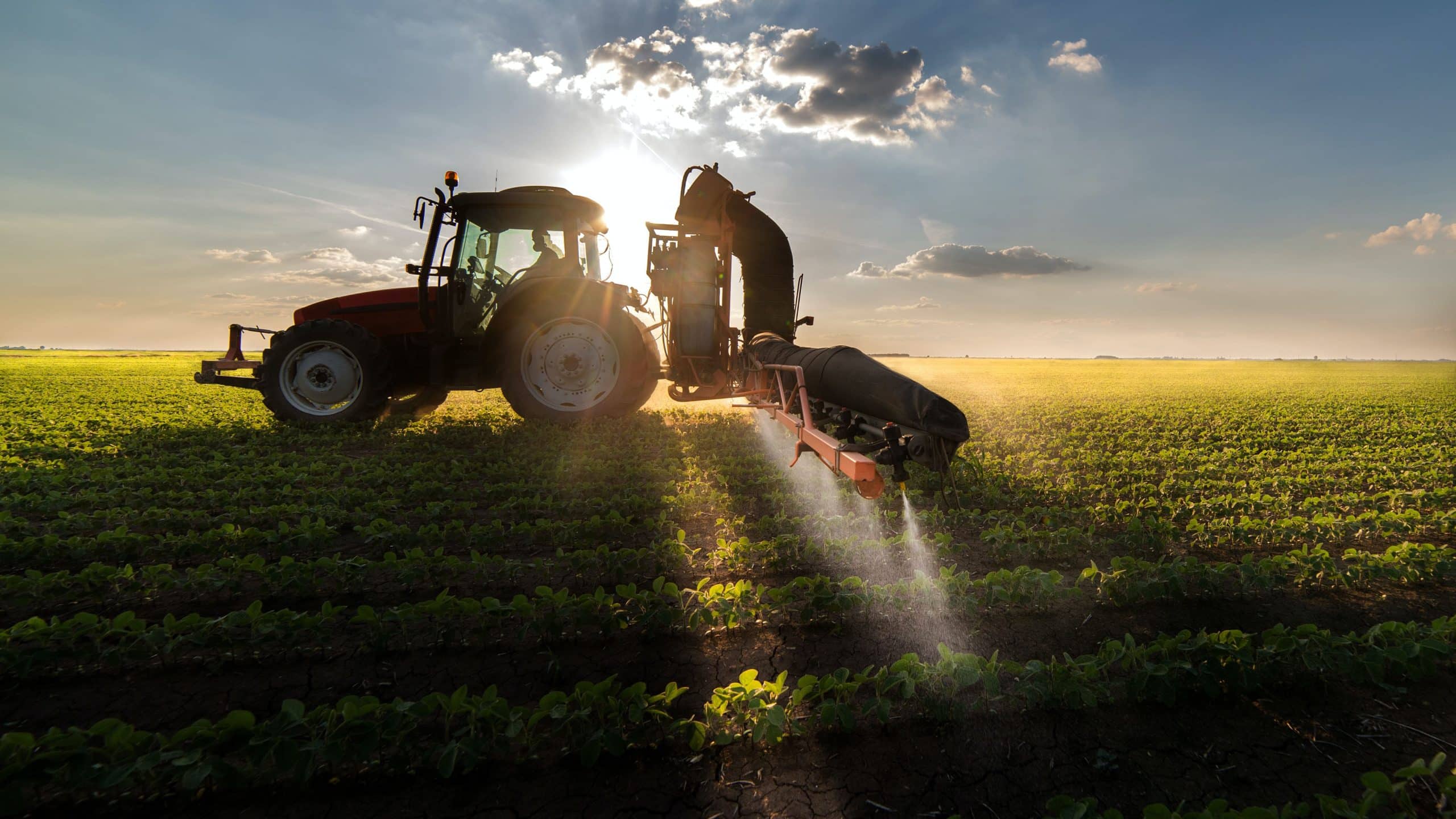
Differentiating the Various Tractor Sizes
Let’s get to the meat of the matter here. At the end of the day, you’ve got to consider your needs, the tasks at hand, and your budget. It’s not just about getting the biggest and the best. It’s about getting the right tool for the job. So take a step back, think about what you need, and then decide. And remember, no matter what size tractor you go for, make sure you can handle it.
Identifying Good Tractors for Small Farms
So, you’ve got yourself a small farm, and you’re wondering what kind of tractor you’ll need, right? Well, for smaller plots, you don’t need to go all-out with some beast of a machine. A garden tractor or a sub-compact tractor will do the job just right. These little fellas are nifty for maneuvering around smaller spaces, but they’re also pretty versatile and can handle a variety of tasks.
Let’s think about it like this. Imagine you’re buying a car for city driving. You wouldn’t go out and buy a huge SUV when a compact car would handle those narrow lanes and tight parking spots better, would you? It’s the same with tractors. For a small farm, you don’t need anything more than a 20-35 horsepower engine. Anything more would be like using a sledgehammer to crack a nut.
Deciphering How Much Horsepower You Need in a Tractor
Here’s the tricky part, folks. The horsepower of your tractor really hinges on what you plan to do with it. For light agriculture activities like mowing the lawn or plowing a small garden, a 20-30 HP garden tractor will do just fine. It’s like using a knife to spread butter on your toast – it does the job perfectly.
But let’s say you’re looking to do some heavy-duty chores on a larger piece of land. We’re talking things like plowing deeper soil, snow removal (yeah, it does that, too), and lifting heavy materials. In this case, your best bet would be to get a tractor with at least 50-85 horsepower. It’s like swapping out your butter knife for a chainsaw. Totally different ball game!
Estimating the Ideal Tractor Size for 500 Acres
Now, if you’ve got a whopping 500 acres to tend to, you’re going to need something with a bit more punch. I mean, you’re not going to mow 10 acres of field with a pair of scissors, are you? For this scale of work, you’ll probably be looking at a utility tractor with around 140 horsepower. These big boys are meant for commercial use, and they’ve got power to spare. Plus, a lot of them are fitted with extra bells and whistles for better performance and operator comfort. Think climate-controlled cabins, comfy seats, and a ton of safety features.
One popular model in this category is the John Deere compact tractor. This model offers a good balance of weight and horsepower, a high lifting capacity for tasks like cleaning livestock pens and pulling equipment, and it can still fit in a standard garage. Plus, it has the horsepower you need for large-scale farming activities. Just remember to consider the size of your land and the tasks you’ll be performing when selecting your ideal tractor.
Concluding Notes: Making the Right Tractor Size Decision
When it comes down to the brass tacks of deciding on the size tractor you need, it’s not just about figuring out which machine looks the most muscular on the lot. Nope, it’s all about matching the horsepower and torque to your farming needs. Consider the tasks you’ll be doing. If you’re running a smaller operation, pull-behind rotary attachments might be all you need, with a compact and utility tractor up to the task.

I’m John, a “seasoned citizen” and an avid gardener. I live in Minnesota, where our weather and growing conditions can be harsh and challenging. Over the years, I have learned a thing or two about being successful in growing things. I have curated these tips, which I think are helpful for the beginning gardener and the seasoned experts. If you have feedback, let me know in the contact form.
